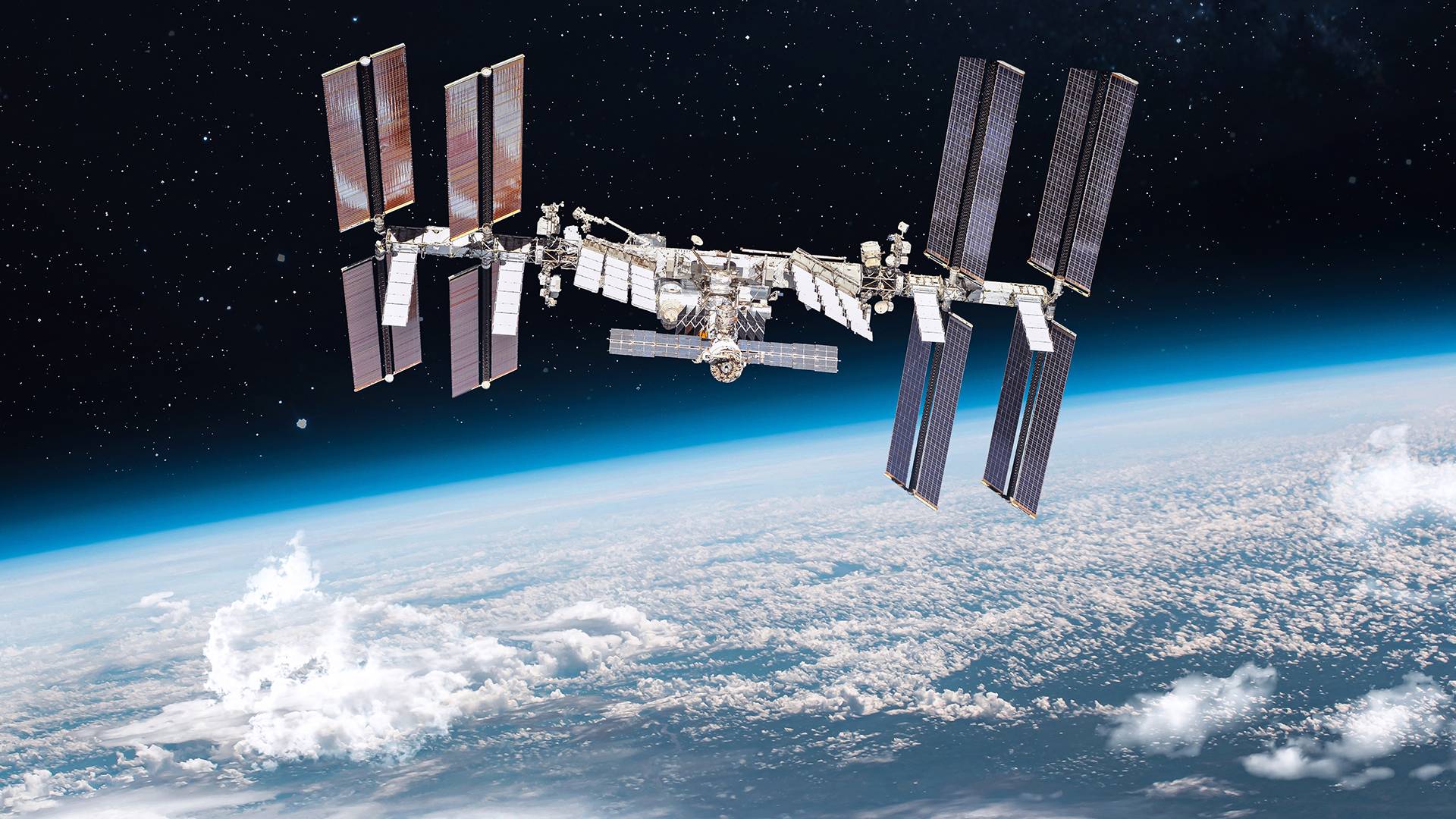Texas State University is reaching for the stars--literally. A NASA-funded project led by TXST faculty and students has been profiled on the International Space Station (ISS) homepage. The research highlights the university’s role in advancing research critical to future space exploration.
The study—“Bacterial Adhesion and Corrosion (BAC)”—investigates how bacteria form biofilms in microgravity and tests innovative silver-based disinfectants designed to keep astronauts and equipment safe. Biofilms (sticky microbial communities) can damage spacecraft hardware, clog water systems and pose a threat to astronaut health if left unchecked. By tackling these microbial challenges, TXST’s research aims to help NASA safeguard the next generation of long-duration missions to the Moon, Mars and beyond.
TXST’s experiments launched aboard SpaceX-21 and returned on Crew-1 (December 2020–March 2021). A reflight followed on SpaceX-29, returning on Crew-7 (November 2023–March 2024). In January 2021, astronaut Kate Rubins performed hands-on work with the samples in a vital collaboration between ISS crews and the TXST research team.
The project’s principal investigator was Bob McLean, Ph.D., TSUS Regents’ Professor in the Department of Biology, but the project included the expertise and creativity of a remarkable team, including colleagues from Arizona State University Cheryl Nickerson, Ph.D., (co-PI), Jennifer Barrila, Ph.D. (research assistant professor), and Jiseon Yang, Ph.D., (research assistant professor), as well as Mark Ott, lead microbiologist at NASA’s Lyndon B. Johnson Space Center.
Contributors included TXST students Starla Thornhill, Taylor Ranson, Amber Busboom, Evan Ortiz, Aron Valdez, Noemie Clemenceau and Maia Martin. Additionally, Jelena Tešić, Ph.D., and doctoral assistant Tanzina Akter Tani from the Department of Computer Science contributed important computational insights to the mission.
“Seeing our work featured on NASA’s ISS homepage is a great recognition,” said McLean. “It reflects the dedication of our students and faculty who are changing what we know about health in space.”
This milestone marks the ISS’s 25th anniversary of continuous human presence. The project was supported by NASA grants that enabled Texas State researchers to participate in launch preparations at the Kennedy Space Center.
From San Marcos to low-Earth orbit, TXST is advancing big ideas that travel far. With each experiment, Bobcats are pushing the frontiers of science, protecting astronaut health and preparing humanity for the next giant leap.
